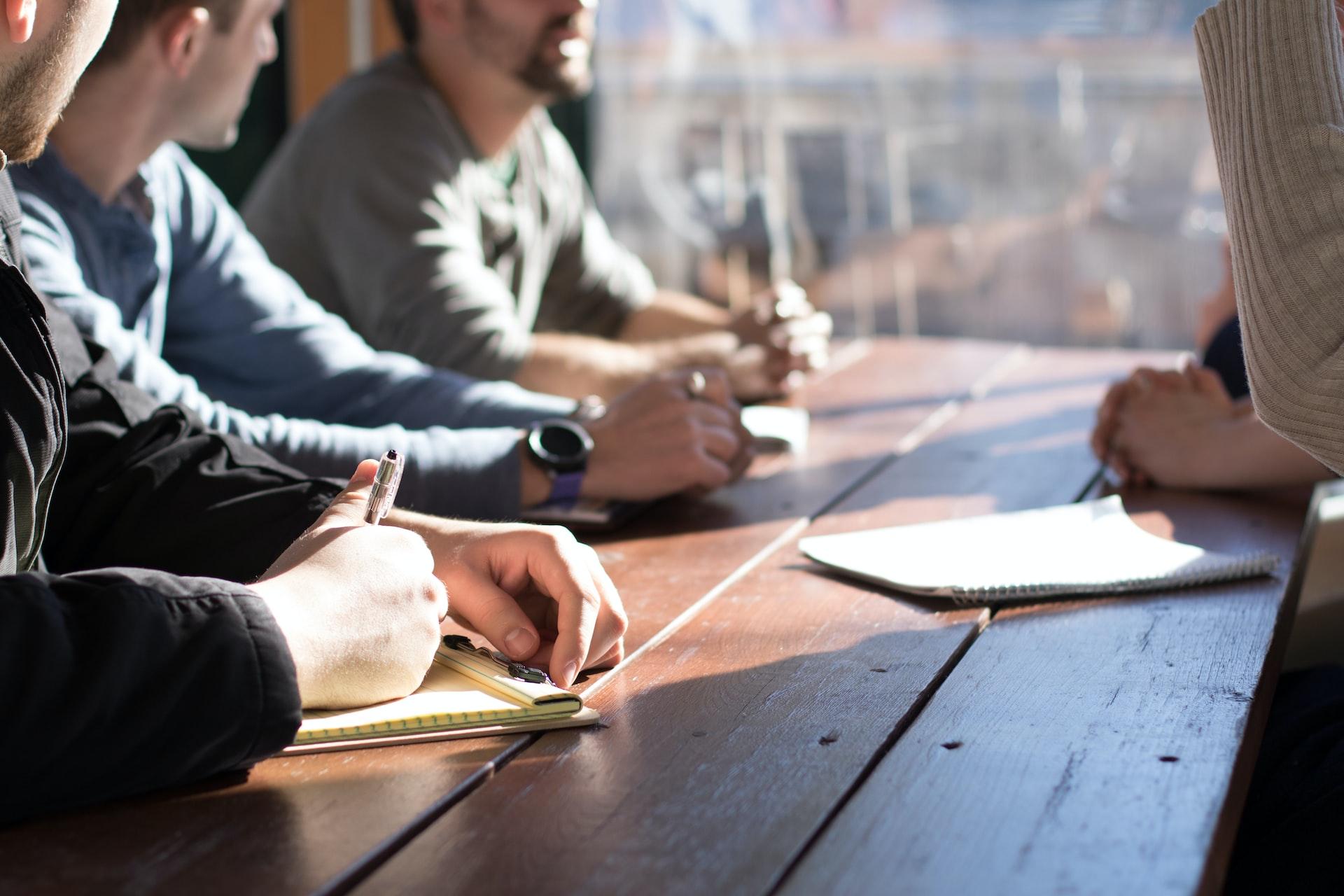Daily life experiences of COVID-19 in the canton of Vaud

Even though biological factors are important to understand differences in exposure to viral transmission, the spread of the disease and the adoption of protection measures cannot be properly grasped and assessed without considering the social conditions of life in specific local contexts.
Background
The Covid-19 pandemic made clear that individuals and communities are all affected differently, whether biologically, personally, socially or economically. The everyday environment, like housing and working conditions, or family and other social relations, has been shown to play a crucial role regarding the risk of exposure, viral transmission and protection measures. In our project we studied qualitatively how living conditions modulate experiences or viral exposures and protection measures in specific contexts.
Aim
In this medical anthropology project, we explored how living conditions – like the everyday environment at work, at home and while carrying out daily activities, social and economic circumstances and the physical environment – influence the risk of exposure and viral transmission as well as the adoption of protective measures, in three groups of the population: general population; workers in essential services; and asylum seekers.
Results
Drawing on interviews with members of the general population, we describe the “flexible lockdown” adopted in Switzerland as a governance regime based primarily on the principle of individual responsibility. Our findings confirmed the crucial importance of space availability when negotiating risk and protection.
The redistribution of gender roles and the responsibility for care provides an example of the reconfigurations that took place during the pandemic. The results from the study confirm not only that most care activities continued to be delegated to female family members, but also that men’s roles evolved, as they endorsed greater moral responsibility for safeguarding family members. During a period when the essential importance of care for family well-being was so starkly revealed, our paper draws to the attention to the urgent need for concrete measures to address the moral responsibility of care and the burden of work it entails in daily life. At a practical level, the findings from this study confirm the need for women and other providers of care services to receive appropriate material and emotional support designed to mitigate gender inequalities, especially during crises.
In regard to asylum seekers, we showed that sharing living spaces was an important source of worries for those and that protective measures were perceived to increase social isolation, obscuring and disrupting future perspectives. Our study highlighted the impact of the Covid-19 pandemic for asylum seekers and the importance of tailoring public health measures to their needs and living conditions.
For essential sectors workers, we shed light on the various meanings of risk and on the negotiations of viral exposure taking place between the professional and the private spheres. This confirms that risk needs to be understood as a relational and situated category. Our study shows as well that risk of viral exposure is weighted by the risk of losing financial income. We also studied how “essential work” was understood and experienced during the pandemic and shed light on the ambivalent relation to work, as both having a protective role, and as increasing stress and pressure due to the worsening of working conditions generated by the changes brought by the pandemic and the protection measures.
Specific contribution to tackle the current pandemic
With the actors involved we co-constructed recommendations stemming from their experiences and the challenges they encountered on the ground. The management of risk in shared space and stress were identified as significant problems. Among those was Communication. The Promotion of direct contacts between health experts and people on the ground remains a key lesson. The impact of stress on health on the long term should also be acknowledged. A key recommendation is that stress and psychological support should be put in place at the beginning of crises.
Original title
Daily life experiences of Covid-19: an ethnographic exploration of viral exposure, protective practices and the making of vulnerabilities through the lens of living conditions in Canton de Vaud
